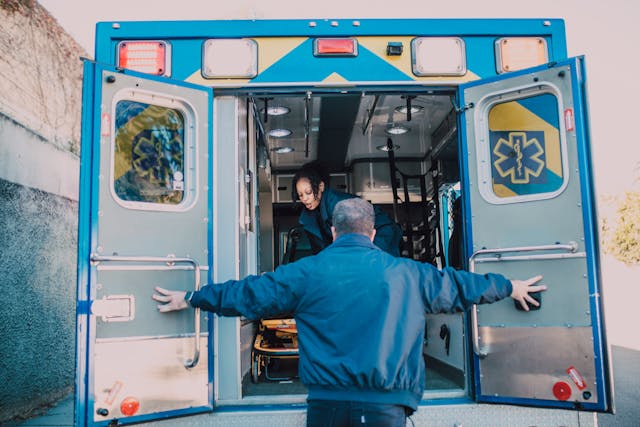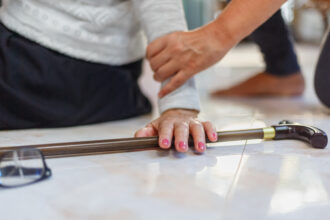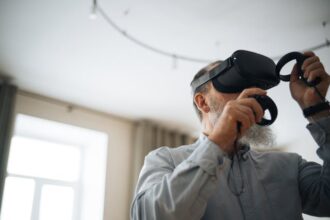A potentially life-saving new smartphone application is showing promise in helping people determine if they are experiencing a heart attack or stroke and, crucially, whether they need to seek immediate medical attention. According to a clinical study, this app could prove invaluable in reducing delays in care, which are often a matter of life and death in such medical emergencies. Developed by a collaborative team of experts from UVA Health, Harvard, Northeastern and other renowned institutions, the app, called ECHAS (Emergency Call for Heart Attack and Stroke), aims to empower people to identify the signs of these emergencies and take action promptly.
The app’s primary goal is to ensure that people can recognise the early symptoms of strokes and heart attacks, which can often be subtle or confusing for those without medical training. ECHAS replicates the key questions that healthcare providers typically ask in emergency rooms, combining these with a simple but effective finger-tapping test to check for weakness on one side of the body — a common sign of a stroke. After the user completes this brief virtual assessment, the app calculates a risk score and advises whether to call emergency services, contact a medical hotline or speak to their doctor.
In the initial clinical trial, which involved over 200 real-life emergency room patients, the ECHAS app showed remarkable accuracy. Researchers reported that it was “susceptible” in identifying those needing emergency care. Moreover, the app was rated “highly usable,” indicating it is accessible to people without medical backgrounds. Amongst the 202 patients, 57 exhibited stroke symptoms, while 145 presented with signs of a heart attack, with an average age of 62. Most of the participants were white, and 126 were men. Despite this diversity, the app consistently identified those who needed hospital admission following emergency evaluation.
Dr Jonathan R. Crowe, a UVA Health neurologist and one of the study’s authors, emphasised the critical importance of rapid care in these situations. “Heart attack and stroke are two leading causes of death in Virginia and the U.S. Our study found that the ECHAS app could accurately identify patients with heart attack, stroke and other emergency brain or heart problems who needed evaluation in the emergency room or admission to the hospital,” he explained. “We hope ECHAS could help save lives by reducing delay and helping patients get the heart attack and stroke care they need.” Dr Crowe’s words highlight the app’s potential to fill an urgent gap in early recognition and response to these life-threatening events.
Speed is of the essence when dealing with strokes and heart attacks. Medical professionals often refer to the first 60 minutes after the onset of symptoms as the “golden hour” — the window during which treatments are most effective and outcomes are vastly improved. Tragically, more than half of all stroke-related deaths occur before the patient even reaches the hospital. Those who survive such an ordeal often face long-lasting, life-altering disabilities. Sadly, many people delay seeking medical help because they are unsure if their symptoms constitute an actual emergency. ECHAS aims to change this hesitation by providing real-time clear, evidence-based guidance.
Although the ECHAS app is not publicly available, the researchers remain optimistic about its future. Dr Crowe noted that they seek additional funding through grants to conduct larger studies and refine the app’s capabilities. “At UVA, we have partnered with UVA’s Center for Telehealth to apply for a grant to study ECHAS here in Virginia,” he said. “We want people in Virginia and around the world to be able to use their smartphones and tablets to reduce delay and help them get the care they need, especially in medical emergencies.” As further trials expand and refine its accuracy and usability, ECHAS promises to transform how people respond to sudden and severe health crises — ultimately saving countless lives in the process.
More information: Jonathan R. Crowe et al, Assessment of the Sensitivity of a Smartphone App to Assist Patients in the Identification of Stroke and Myocardial Infarction: Cross-Sectional Study, JMIR Formative Research. DOI: 10.2196/60465
Journal information: JMIR Formative Research Provided by University of Virginia Health System








